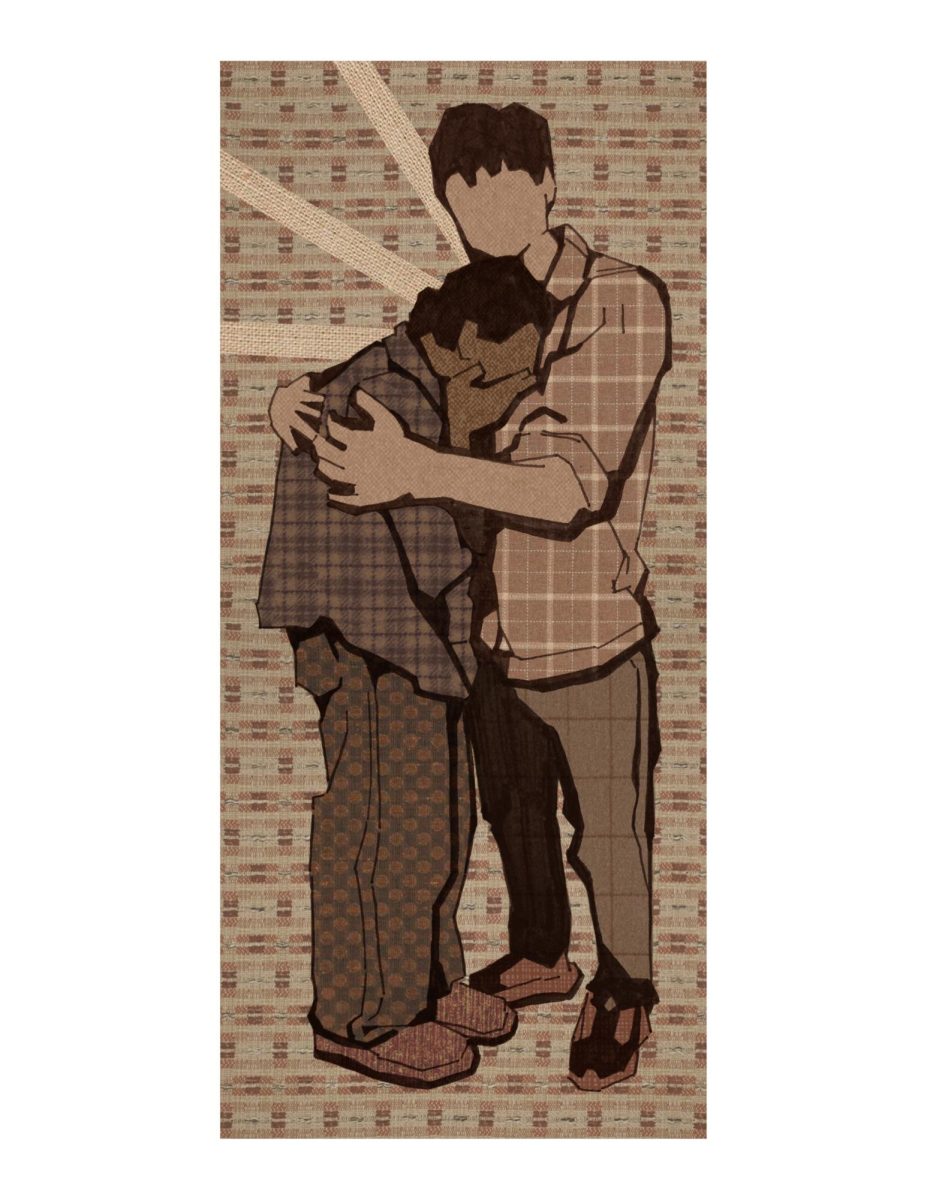Censorship. It is a 10-letter word that I have been thinking about a lot lately. I recently went through a personal experience of censorship. I wrote a film review and just before it was printed it was pulled because of the content of the film. I do not blame The Chimes or any one person on staff, because I think that we as Christians and as a university have a deeper problem with censorship.
I think the vast majority of censorship is not nefarious or intentional, but systemic. It is not the people who are to blame, but the systems established ages ago with a long history of censoring people from certain ideas or material. This can definitely be seen in the ongoing conflict between art and faith.
Whether it is the Catholic Church trying to censor art and thought during the Renaissance or Biola making movies illegal on campus or The Chimes having to censor me for the controversy my words may cause, it is a constant throughout the ages.
I understand there are certain limitations Christians need to follow for the sake of our spiritual lives, yet this doesn’t preclude us of the responsibility to support and defend free expression. If we do not have the free exchange of ideas, we will have dire consequences. If we suppress the written word even in the name of morality, we subvert not only journalism, but also core principles of education and democracy. This means standing up for opinions, despite your agreement or disagreement with them. This defense of free expression should be ever present even at a Christian university.
A heartbreaking connection with the Christianity and censorship is also seen whenever there is a challenge or reinterpretation of Christianity. This is apparent in media sources ranging from harmless comedies like “Monty Python: The Life of Brian,” “Saved” and “Dogma” to fiction books like “Angels & Demons” and “The Da Vinci Code” to documentaries like “Deliver Us From Evil” and “Jesus Camp.”
Unfortunately, there are two common reactions when any of these sources present themselves. One reaction is to develop a plan to counteract the film or book through sermon series or special events with authors specifically writing books that debunk work in question. The second and more extreme reaction is a wholesale boycott usually with massive public protests and demonstrations and self-serving television appearances. Yet I believe there is a third reaction, one that is too often ignored and devalued; it is watching or reading these controversial works and not having a visceral reaction.
For far too long, I think we have relied on our first impulses and denied careful thought and examination when it comes to things such as art and literature that question or reinterprets our foundations of faith. Instead of attacking or boycotting such things it would be nice to see Christians read or watch these things and learn from these perspectives.
Learning from these perspectives?
Yes, I think that God appoints certain people whether agnostic, atheist, Christian or part of some other religious/philosophical group in order to test and reveal to us places where we have failed or where we need to grow and mature. It seems too often we miss those things out of our own selfish desires to stamp out such people.
I believe we can change, but it requires much work and thought with an overall foundation of humility. I hope we will use this reasoning when we encounter future art and literature including the upcoming film, “The Golden Compass,” based on the books that are an atheist response to “The Chronicles of Narnia” series.
We need to be outspoken and against these forms of censorship. My prayer is that students as well as Christians as a whole will think and talk reasonably about these things. A constant vocal presence about this issue is important, because inaction perpetuates the unfortunate status quo. I hope that no one will have to go through such an experience as I did just a few weeks ago. It is my prayer that we are able to respond in a reasoned manner that would not censor or encourage the defeat of others, but with quiet humility respond with a receptive heart to the message God is trying to send us through others’ work.







